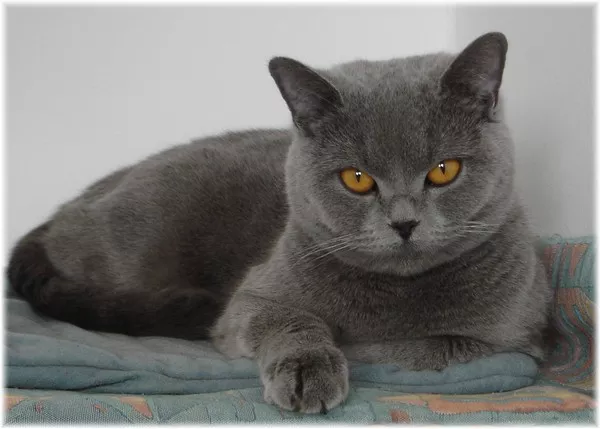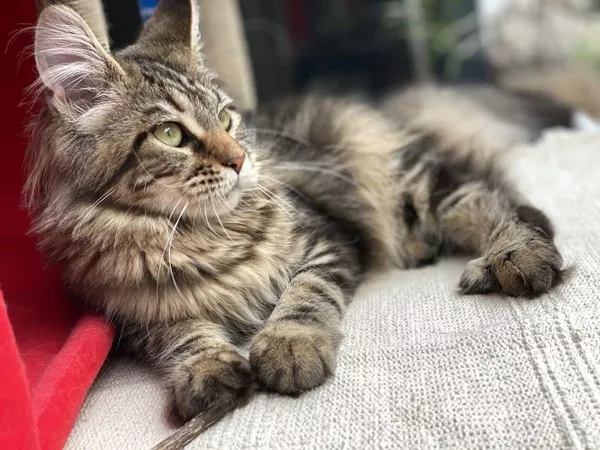Cats are known for their finicky eating habits and specific dietary requirements. As pet owners, it is our responsibility to ensure that our feline companions receive a balanced and nutritious diet. When considering different food options, questions may arise regarding the safety and suitability of feeding certain foods to cats. One such question is whether cats can have raw eggs. In this article, we will explore the topic in depth, discussing the potential risks and benefits associated with feeding raw eggs to cats.
Nutritional Value of Eggs
Eggs are highly nutritious and contain a variety of essential nutrients such as proteins, vitamins, and minerals. They are an excellent source of high-quality protein, which is vital for a cat‘s overall health and wellbeing. Additionally, eggs contain important vitamins like vitamin A, B12, and riboflavin, along with minerals such as selenium and iron. These nutrients play key roles in supporting various bodily functions in cats, including muscle growth, immune system function, and healthy skin and coat.
Potential Benefits of Raw Eggs for Cats
Advocates of feeding raw eggs to cats argue that they offer several potential benefits. Proponents claim that raw eggs provide a readily available source of protein and other essential nutrients. They believe that feeding raw eggs can improve the cat’s coat quality, promote healthy skin, and enhance overall vitality. Some proponents also suggest that raw eggs can help address gastrointestinal issues and allergies in cats.
Potential Risks of Raw Eggs for Cats
While raw eggs may offer nutritional benefits, it is essential to consider the potential risks associated with feeding them to cats. Raw eggs carry a risk of bacterial contamination, primarily from Salmonella and E. coli. These bacteria can cause severe illnesses in cats, leading to symptoms such as vomiting, diarrhea, lethargy, and even life-threatening complications. Additionally, raw egg whites contain a protein called avidin, which can interfere with the absorption of biotin, a crucial B-vitamin. Prolonged biotin deficiency can result in skin problems and coat abnormalities in cats.
Cooking Eggs for Cats
To mitigate the risks associated with raw eggs, cooking the eggs thoroughly before feeding them to cats is highly recommended. Cooking eggs kills potentially harmful bacteria and eliminates the risk of infections. However, it’s important to note that added ingredients like salt, seasoning, or cooking oils should be avoided, as they may not be suitable for cats. Plain boiled or scrambled eggs without any additives can be a safe and nutritious option when considering incorporating eggs into a cat’s diet.
Moderation and Balance
It is vital to remember that eggs should only be considered as part of a balanced and varied diet for cats. While eggs offer certain nutritional benefits, they should not become the primary food source. Commercially available cat food formulas are specifically formulated to meet all of a cat’s nutritional requirements. These formulas undergo rigorous testing and quality control to ensure they provide the necessary balance of proteins, vitamins, minerals, and other essential nutrients. Thus, cats should primarily rely on high-quality commercial cat food rather than relying solely on eggs or homemade diets.
Consulting a Veterinarian
As with any dietary changes or additions, it is always advisable to consult a veterinarian before introducing raw or cooked eggs into a cat’s diet. A veterinarian will consider the cat’s specific health condition, age, and individual dietary needs, providing personalized advice and recommendations. They can help assess whether including eggs in the cat’s diet would be beneficial and ensure that proper precautions are taken to minimize any potential risks.
Conclusion:
While eggs can provide certain nutritional benefits to cats, the safety and suitability of raw eggs remain questionable due to the potential risks of bacterial contamination and biotin deficiencies. Cooking eggs thoroughly before feeding them to cats is the best way to mitigate these risks. However, it is essential to remember that eggs should not be the mainstay of a cat’s diet, and a balanced commercial cat food formulated for their nutritional needs should remain the primary source of nutrition. As responsible pet owners, consulting with a veterinarian is crucial when considering any dietary changes or additions to ensure the health and wellbeing of our beloved feline friends.


























